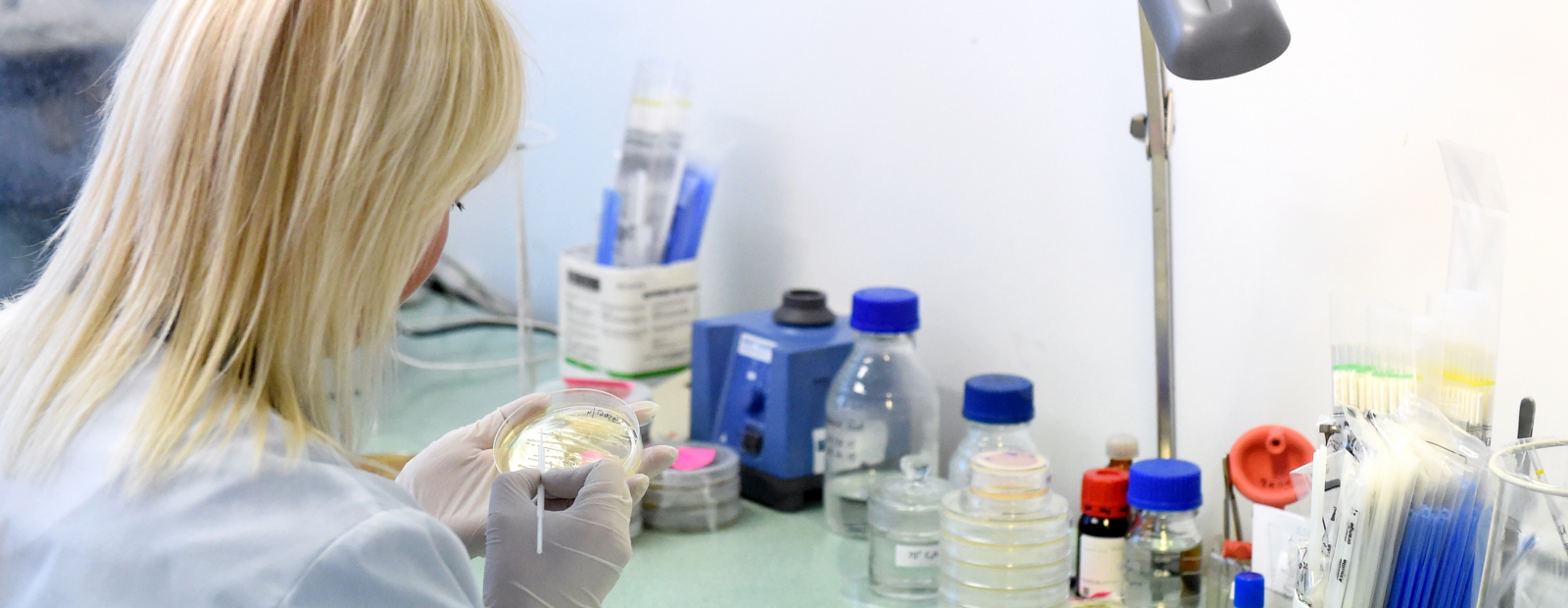As stated by SIA Valmiera water, wastewater monitoring will allow to determine the concentration of Covid-19 in wastewater and predict the outbreak of the disease. This method is used in many countries to detect the spread of the virus in certain populations, as well as for the early detection of new virus mutations.
In order to promote a safe environment, it is important to gain in-depth knowledge and develop tools to help monitor, control and control Covid-19 and other possible epidemics in Latvia, but so far the spread of coronavirus in the environment, survival, human and animal exposure have not been sufficiently studied. .
Detection of coronavirus in wastewater is used in many other EU Member States, and Finland and Estonia, where Covid-19 is monitored in 28 municipalities, are positive examples. Research is also taking place in other countries, including the Netherlands, Sweden, Spain and Germany.
In accordance with the recommendations of the European Commission, a system is being implemented in Latvia with the aim of monitoring the amount of SARS-CoV-2 residues in wastewater in order to timely detect outbreaks in populated areas and identify cities and regions with an increased number of cases.
As stated in the company Valmiera water, wastewater sampling is organized and coordinated by Riga Technical University (RTU) Water Research and Environmental Biotechnology Laboratory, sampling at facilities, namely wastewater treatment plants is performed by appropriate water management staff, and sample transportation and analysis is coordinated by BIOR in cooperation with Latvian Biomedical Research and Study Center ( LBMC). The cities included in the monitoring system have been identified in cooperation with the Ministry of Health and the Center for Disease Prevention and Control. It is planned to collect 24-hour pooled samples twice a week for appropriate monitoring.
The Scientific Institute for Food Safety, Animal Health and the Environment is involved in the study BIOR, RTU and LBMC. The initial objectives for the implementation of the monitoring system are to implement sample collection and monitoring by 31 December 2021, however, its duration could be extended.
As reported, to ensure wastewater research both in the early detection of Covid-19 infection in certain administrative areas and to further use the results of research in various sectors, the Scientific Institute for Food Safety, Government Animal Health and the Environment BIOR this year, additional funding of € 339,430 was provided from the contingency fund.
–


